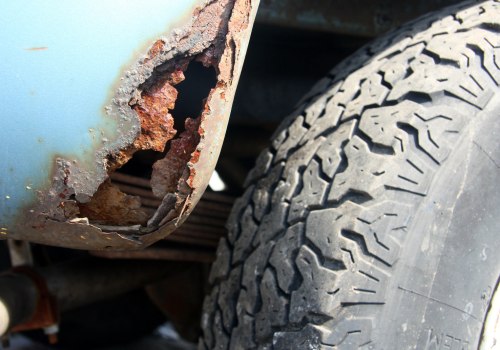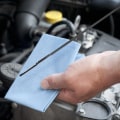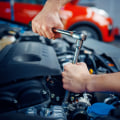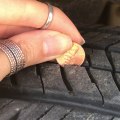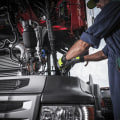When it comes to diagnosing car engine problems, it's important to remember the basics. Start by performing a compression and vacuum test, and examine each electrode and insulation on the spark plugs for Auto Service near Summerville SC or fuel. To determine if the issue is related to fuel or ignition, try temporarily enriching the mixture by slightly suffocating the carburettor by hand. If the engine responds positively, even slightly, it's likely that the problem is fuel-related. When diagnosing maneuverability problems, pay attention to how the condition is affected by speed, rpm, etc. Your own body can also be an excellent tool for detecting car problems. You may feel an unusual vibration, bumpy driving, or abnormal resistance.
Keep your hands on the wheel and your feet on the pedals to detect any issues. Just like in the medical field, there are surgeons (those who are good at exchanging parts inside and out) and diagnosers (those who tell surgeons what to do) in the automotive business. The accelerator plate and IAC pivot can carbonate due to gasoline vapors and exhaust gases entering the manifold. If you don't know much about auto repair and something goes wrong with your car, it's time to go to a workshop and find out what's going on. The fuel pump and delivery unit can be accessed through an access panel located inside the vehicle, from the front of the tank, or it may be necessary to remove the gas tank.
Additional Considerations
When diagnosing car engine problems, don't forget to check for other potential issues.Look for signs of wear and tear on components such as hoses, belts, and filters. Make sure all fluids are at their correct levels and check for any leaks. If you're having trouble with your car's performance, consider whether it could be related to a faulty oxygen sensor or a clogged catalytic converter. It's also important to keep up with regular maintenance such as oil changes and tune-ups. This will help you identify any potential problems before they become serious issues.
Additionally, make sure you're using the right type of oil for your car's engine. Finally, if you're still having trouble diagnosing a problem with your car's engine, don't hesitate to take it to a professional mechanic. They have the experience and expertise needed to accurately diagnose any issues you may be having.

